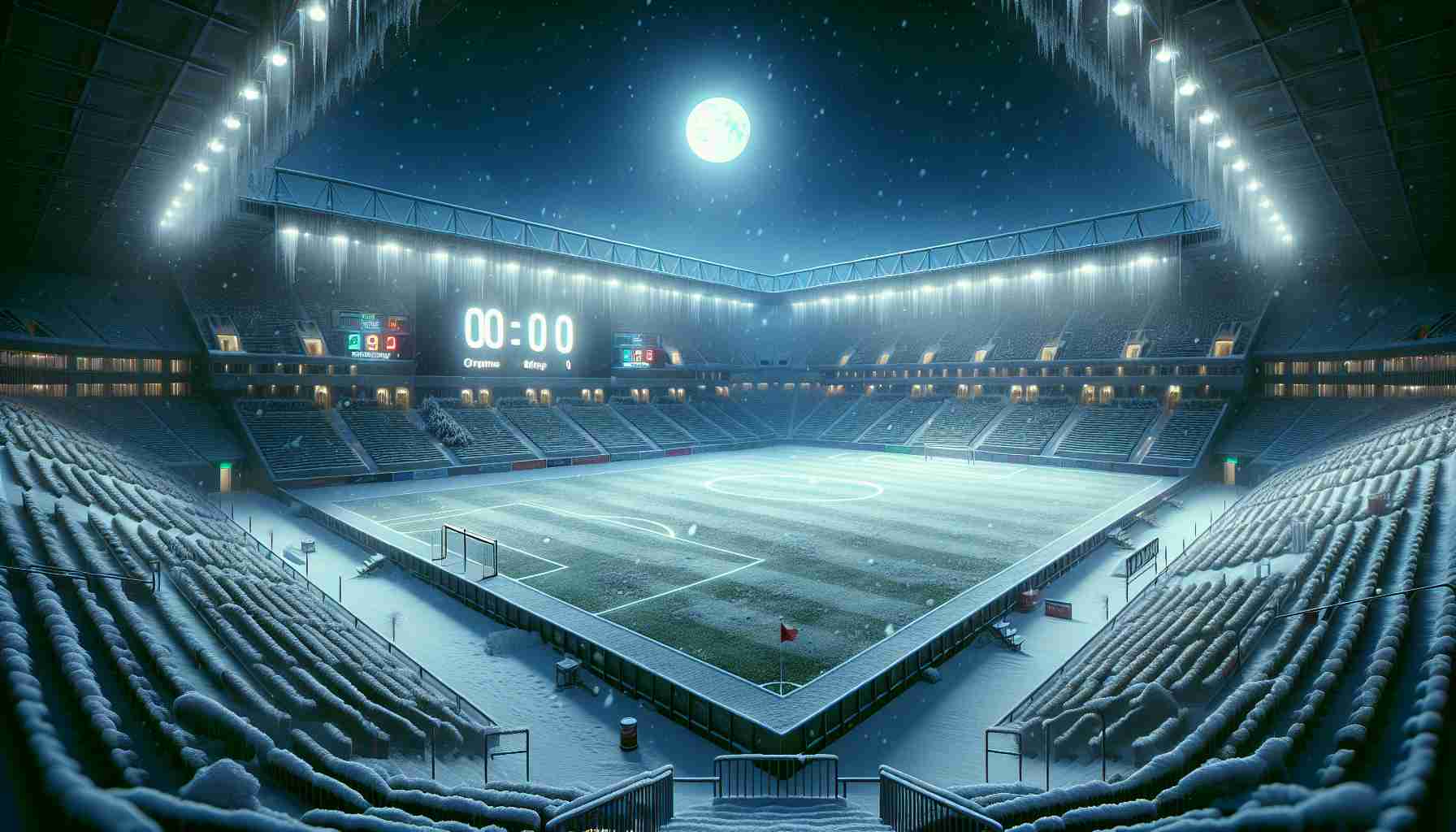Where Are the Games?
In an astounding oversight, December 24th, known widely as Christmas Eve, is devoid of major sports events. This day is typically packed with opportunities for viewership, yet fans are met with an absence of action from the NBA, NFL, and NHL. Instead, the only game available is a college football bowl featuring the South Florida Bulls and the San Jose Spartans, a matchup that hardly excites the masses.
Isn’t it peculiar? Given the numerous teams across leagues, why couldn’t the 20 NBA teams, currently not in play on Christmas Eve, participate in some festive matchups? The NHL, which had an active slate on the 23rd, could have easily filled the day with thrilling contests. Not to mention, college basketball, which thrives on holiday tournaments, also decided to abstain from scheduling any games.
The situation seems particularly perplexing when considering the expanded College Football Playoff, which complicates bowl schedules around major holidays. Many fans might have preferred to catch an exciting bowl game on Christmas Eve rather than wait for matches scheduled after New Year’s—a time when their attention is divided by other holiday activities.
Ultimately, this glaring omission by league organizers and networks represents a significant missed opportunity to engage fans during a festive time and boost viewership. With so many sports fans eager for entertainment on such a popular holiday, this void is nothing short of a failure.
Why Christmas Eve Needs More Sports: A Missed Opportunity
Introduction
Christmas Eve has historically been a time of togetherness, festivities, and, for many sports fans, the thrill of watching their favorite games. However, this year, December 24th presents a stark contrast with virtually no major sports events scheduled, leaving fans searching for excitement. This article explores the implications of this scheduling oversight and presents insights into how the sports industry could capitalize on this festive occasion.
The Current Landscape of Christmas Eve Sports
1. Lack of Major Events: Unlike Christmas Day, which is packed with NBA matchups and NFL games, Christmas Eve has become a barren landscape for major sports events. This year, fans are left with only a solitary college football bowl game between the South Florida Bulls and the San Jose Spartans, a matchup that fails to draw in the crowds.
2. Missed Engagement Opportunities: Given the expansive number of teams across various leagues, the absence of games on Christmas Eve indicates a significant missed engagement opportunity for leagues and broadcasters. NBA teams, for instance, could have easily organized festive matchups to entertain fans.
Potential for Growth
# Reasons for Reinstating Sports on Christmas Eve:
– Increased Viewership: With families gathered and more people at home, Christmas Eve presents an ideal opportunity to capture the attention of a larger audience. Sports leagues could increase viewership numbers, which often translate to higher revenues from advertisements.
– Innovative Formats: The creation of unique holiday-themed events or tournaments could draw fans in. Issues like the expanded College Football Playoff present challenges but also opportunities for creative scheduling, allowing for marquee matchups that could attract fan interest.
Pros and Cons of Scheduling Sports on Christmas Eve
– Pros:
– Enhanced Fan Engagement: Engaging fans during holidays can strengthen their loyalty to teams and leagues.
– Unique Holiday Experience: Providing sports on Christmas Eve can create a new tradition for families and friends.
– Cons:
– Player Fatigue: Scheduling games during the holiday season could lead to player fatigue or injuries.
– Family Time Interruption: Some fans may prioritize family time over watching games on major holidays.
Market Analysis and Future Predictions
As interest in sports continues to evolve, there is potential for leagues to adapt their scheduling strategies. About 60% of sports fans indicated they would prefer to have games scheduled during holiday periods, according to recent surveys. Understanding fan preferences can help sports executives re-evaluate decision-making processes regarding game schedules, particularly on holidays.
Conclusion
The absence of major sports events on Christmas Eve represents a significant oversight from leagues and broadcasters. By harnessing the opportunity to entertain fans during the holiday season, they can create a more comprehensive and inclusive sports environment that celebrates both the game and the spirit of connection during the holidays.
For more insights into sports scheduling trends, check out Sports Business Journal for timely updates and analysis on the industry.












